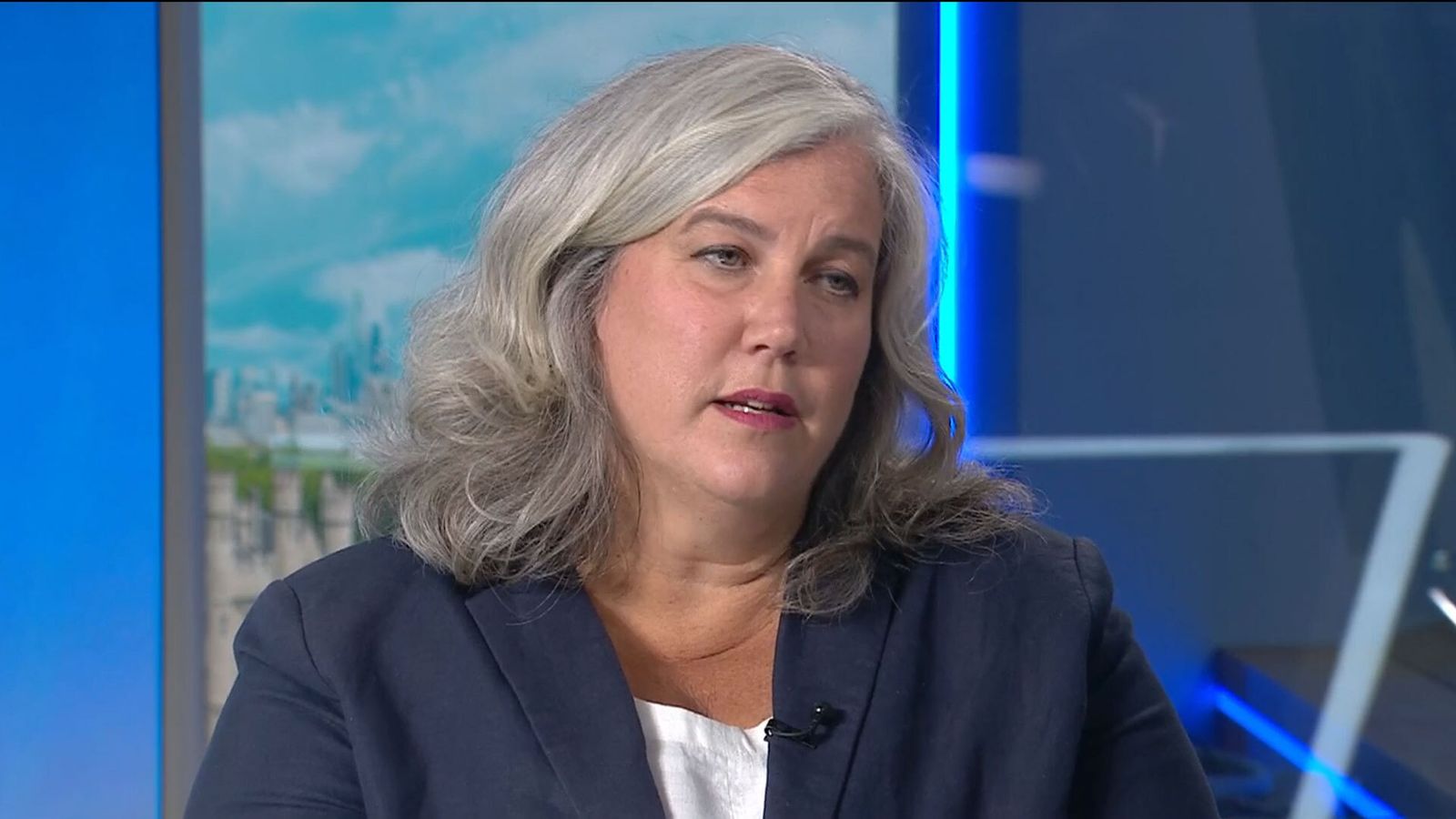Financial anxiety: The alarming side effect of inflation
As the cost of living increases amid an unstable economy, people are panicking about their finances. It's taking a toll on mental health and quality of life for billions across the globe.

Worrying about finances is nothing new. But as inflation has taken hold, and the cost of living has spiked without wages keeping pace, more and more people are starting to panic about their money. Financial anxiety has set in for billions of people – including some who haven't felt the acute pressure before.
The term may not be familiar, but you might know the feeling: "the stress, worry or unease people experience due to their financial situation, including concerns about money, debt, expenses and financial stability", says Jenna Vyas-Lee, a clinical psychologist and co-founder of mental-health clinic Kove. Financial anxiety can affect anyone from those on the lower end of the socioeconomic scale living paycheque to paycheque, to those considered more traditionally 'well-off'.
"Unemployment has been remarkably low since the pandemic, so most of the economic pressure comes from incomes not keeping pace with inflation, rather than people losing their jobs", says Kerry Papps, a professor of economics at the University of Bradford, School of Management UK. So, while many people are still employed, they find that their salaries are stretched.
The ripple effects are manifesting around the world, but the UK is bearing the brunt of this problem, with prices set to rise faster in Britain than any other advanced economy in 2023, at 7.2%. As the Bank of England uses interest rates to fight inflation, mortgage rates have ticked up, with many people seeing huge increases to their monthly outgoings. In the US, in comparison, inflation is falling faster, but Papps says financial anxiety is rampant in America as well, particularly among people at the lower end of the earning scale, due to a lower minimum wage relative to the UK.
The uncertainty these situations breed is textbook anxiety, says Vyas-Lee: "Not having a plan, not being able to execute a plan and not being where you wanted to be with respect to your own goals can cause severe anxiety, irrespective of how much money you have, or your social standing.
Although all anxiety can be tough to grapple with, Vyas-Lee says financial anxiety can be particularly acute, since money-focused cognitions often feel catastrophic in nature and predictive of financial ruin and destitution. "This can link closely with self-image and self-esteem – and the lack thereof," she says. "It can be highly damaging, as there is a high level of shame associated with financial anxiety. People would rather keep any issue related to self-worth very private for fear of judgement."
Financial anxiety can also get worse around times of financial crises, such as job loss or unexpected bills. It can even lead to other dysfunctional behaviour patterns that further entrench difficulties with money: Vyas-Lee says some people turn to gambling, for instance, to find another income source.
It can also torpedo overall mental health. A recent UK study of 2,000 British people from lender Creditspring showed 30% reported deteriorating mental health since the start of the economic crisis. Those 25-to-34 report experiencing this worst, with rates rising to 48% among this group. In the US, an April 2023 Bankrate survey showed 52% of the more than 2,300 US adults surveyed said money has a negative impact on their mental health, with the top cited money-related issue negatively impacting mental health being insufficient emergency savings. Of those who said money is a stressor, 29% said they worry about it daily.
As a result of financial anxiety, Vyas-Lee explains it can be difficult for people to focus on their daily tasks. “I have seen in clinic how at work, this can reduce chances of getting promoted or finding a better job, or for students it can affect their academic performance. At home, the emotional strain can contribute to tension within relationships as individuals may become irritable or withdrawn," she says. She adds financial anxiety can also "take huge tolls on personal relationships, with money worries and troubles as one of the leading reasons for divorce".
With uncertainty around the current economic climate, the widespread issue of financial anxiety isn't going away. "At our clinic, we have seen an uptick in the number of adults as a result of financial stresses, and expect this trend to continue as inflation continues to rise and put further strains on individuals," says Vyas-Lee.
With that in mind, people experiencing the stress may need to push past the urge to keep the feeling to themselves – even if talking about money can feel shameful, even taboo.
"Often, people are reluctant to engage with support services and instead shut down, which can hinder long-term financial planning and wealth accumulation, particularly if the cause of the anxiety is driven by high debts," says Vyas-Lee. And, she adds, "financial anxiety rarely resolves by itself, so professional support can be genuinely transformational for those who do step forward".
-bbc







